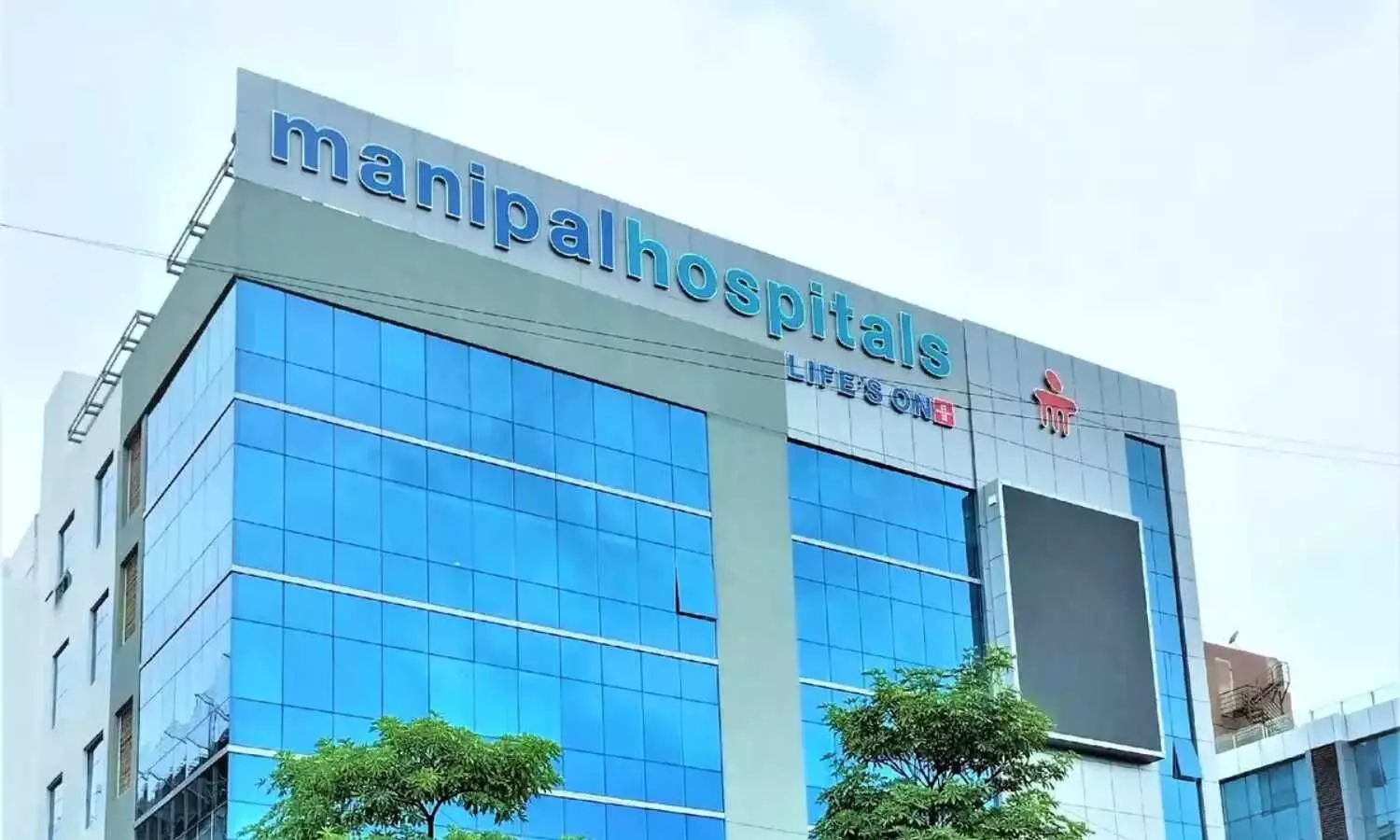Pune Doctors Utilize D-Wave Technology to Prevent Respiratory and Limb Paralysis in 38-Year-Old Woman with Spinal Tumor

Pune: Recently, a 38-year-old woman visited Manipal Hospital Baner with severe neck pain that significantly affected her daily activities, including walking. An MRI scan revealed a 7cm x 3cm ependymoma, a benign tumor, within her spinal cord.
Due to the tumor's size and location, complete removal was crucial to avoid future complications. However, the surgery was risky and could lead to postoperative neural deficits, potentially causing limb weakness, quadriplegia, or even respiratory issues.
Recognizing the case's critical nature, the surgical team at Manipal Hospital Baner utilized advanced technologies like D Wave technology and the Cavitron Ultrasonic Surgical Aspirator (CUSA) to improve the chances of a successful outcome. The tumor was intricately entwined with vital nerve fibers that control limb movement and breathing. Despite the high risk, removing the tumor entirely was essential to prevent recurrence and other future problems, though it carried the potential for significant postoperative neural challenges, including limb weakness or respiratory paralysis.
Speaking about the case, Dr. Amit Dhakoji, Head of the Department and Consultant Neurosurgeon, Manipal Hospital, Baner said, “This case highlights the tremendous progress in spinal surgery that has allowed us to treat such challenging cancers. Using a D wave electrode for intraoperative monitoring was part of this surgery as it helped us receive real-time feedback on patient’s motor performance. We could modify the technique and reduce the possibility of injuring important nerve fibers by keeping an eye on nerve activity. Also, High-powered microscopes allowed for a clear, magnified image of the tumor and its surroundings. This made it possible to remove the tumor in a more targeted and controlled manner.”
The entire team including Dr. Amit Dhakoji (neurosurgeon), Dr. Shrey Kumar Shah (neurosurgeon), anesthetist, and technologist contributed to this operation.
Commenting on the case Mr. Anand Mote, Cluster Director, Manipal Hospital, Baner, said “The tumor was successfully removed, and there were no postoperative complications. This is a testament to our commitment to using cutting-edge technologies and innovative surgical methods. By minimizing risks with D-Wave technology and intraoperative monitoring, we ensured the best possible outcome for the patient. This case exemplifies the dedication and expertise of our medical team, and we are proud to have facilitated the patient’s complete recovery and restoration of full motor function."
With no post-operative impairments and complete motor functioning in all limbs, the patient completed a full recovery. During surgery, intraoperative monitoring was important in reducing brain injury, and careful surgical methods and teamwork ensured the greatest outcome for the patient.
Next Story


